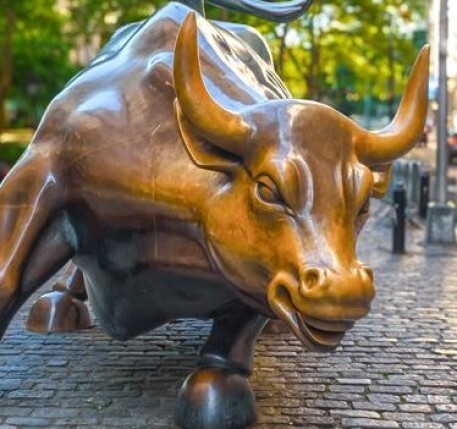In this perpetual movement alternating between appetite and disgust, we are entertained by the image of wandering freedom. Catholics will recognize the "Inconstantia concupiscentiae" of Bossuet's sermon; literary scholars will find there the spirit of Dom Juan's response to Sganarelle: “(…) I have a natural inclination to let myself go to whatever attracts me. ”… Music lovers, a duet between Brialy and Gainsbourg discussing a violent poison… Some will draw a parallel with Nancy Pelosi's visit to Taiwan, a personal feat of arms which could not have come at a better time for Xi Jinping, in the approach of the XXth Congress of the Communist Party of China, to divert attention from the economic difficulties faced by the country, but real unreasonable action. Another illustration of this lack of temperance: Europe's dependence on Russian energy, summed up by Margrethe Vestager (European Commissioner for Competition), in an interview published at the end of May in Les Echos, as a mark of "greed (...) that we pay today”.
In the markets, the struggle between greed and reason, maintained or even increased exposure and reasonable caution reminds us of the struggle between lust and virtue in many ways. Buoyed by better-than-expected half-year results on both sides of the Atlantic, July was good for equity markets and the first week of August was generally positive. Equities, particularly stocks in the Growth and Quality segments, have been particularly driven by the sharp fall in real interest rates since mid-June (with nominal yields dragged down by the weakening of growth prospects and a rise in inflation expectations). Markets also welcomed the drop in oil prices (from USD 120 in early June to around USD 90 in early August). However, this bear market rebound should not make us forget that the strength of the employment figures in the United States, published last Friday, could very well put additional pressure on the FED, especially since the data on the American growth (ISM services for July came out well above expectations at 56.7 against 53.5 expected and 55.3 in June) still leaves room for it to deploy its hawkish policy and distance the scenario from a "pivot dovish" in the short term. Indeed, the NFP (Non-Farm Payrolls) report shows a sharp acceleration in job creation in July (528k non-agricultural salaried jobs created) with a drop in the unemployment rate to 3.5 % (pre-Covid-19 level). These figures allaying recession fears and heightening inflation fears have had an impact on market expectations for a rate hike in September. The market is now anticipating a 75 bps increase in key rates, compared to 50 bps at the start of August. Prior to this publication on US employment, members of the FED had the opportunity to insist, last week, on the need to continue monetary tightening, which had already caused US rates to rebound. For example, the President of the FED in San Francisco, Mary Daly, recalled that the fight against inflation is far from over. In the United Kingdom, the Bank of England seems to have clearly understood this with a 50 bps increase in its key rate on Thursday.
The volatility on the bond markets illustrates the uncertainty of investors regarding the theme of rising interest rates. However, an equity market rebound will only be sustainable once this uncertainty has passed. Also, if the Jackson Hole symposium, which will be held from August 25 to 27, will be enlightening, it will be necessary to wait for the FOMC of September 20 and 21 to confirm the attitude, normally even firmer, expected from the FED in its fight against inflation.
In the very short term, if we do not see a bearish catalyst, it therefore seems to us far too early to get carried away. This week, it will be worth watching, on Wednesday, the monthly figures for consumer prices (CPI) which could, in the event of a marked increase in inflation, mean the end of the summer euphoria on the markets. According to the Bloomberg consensus, a slight decline in inflation to 8.7% in July (compared to 9.1% in June) should be expected, with a further acceleration of the "core CPI" index (basic measure of index, which excludes volatile food and energy prices).










